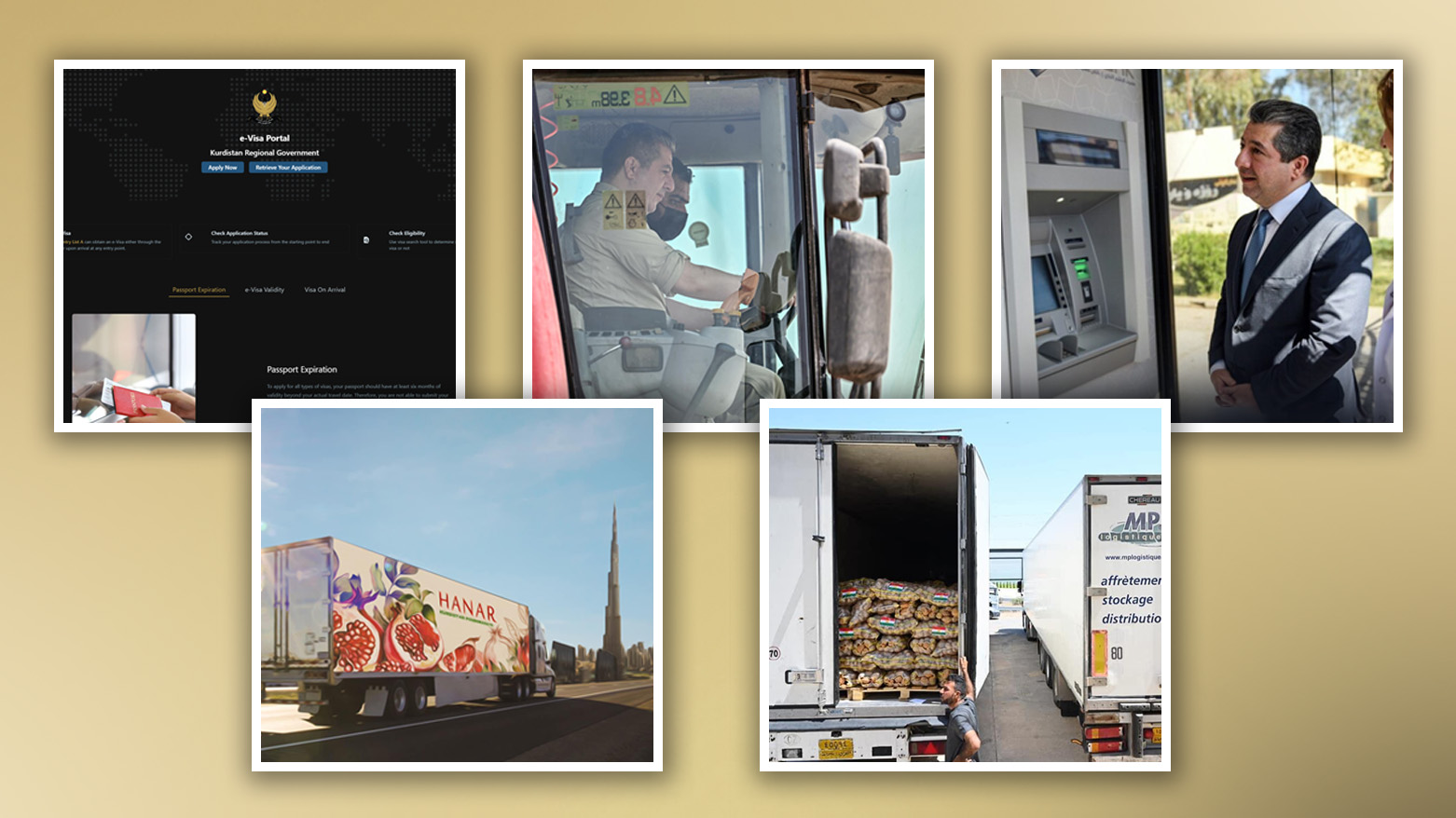Kurdistan Region economic diversification key to success: AUK professor
Dr. Issa also added that financial system shortcomings have been recognized by the KRG.

ERBIL (Kurdistan 24) – Dr. Honar Issa, an academic at the American University of Kurdistan (AUK), on Thursday published an article in the Atlantic Council regarding the Kurdistan Region's economic growth.
Issa stated that through Vision 2020 and Vision 2030, the Kurdistan Regional Government (KRG) has worked to establish a diversified economy. Many initiatives have been taken by the KRG to achieve this objective, including administrative reform, digital transformation, agricultural development, and financial system advancement.
He also added that financial system shortcomings have been recognized by the KRG. To negate these issues, efforts have been made to establish a robust banking industry that both allows consumers to securely store cash and simultaneously build credit through mortgage and automobile loans.
Moreover, he suggested that in order to rectify issues and align payroll spending with international standards, the KRG should create a dedicated budget for long-serving employees and transfer this money to the private sector over a five-year period.
Similarly to Iraq, the Kurdistan Region economy heavily relies on its public sector, with its citizens depending on its salary and pension distribution. Allowing private enterprise diversification would, in theory, provide opportunities for the KRG to balance out its overreliance on the public sector.
Furthermore, Dr. Issa pointed out that a strong economy is essential to a government's sustainability and self-sufficiency.
Lastly, Dr. Issa said that in order to drive substantial progress in the realm of educational reforms within the region, the KRG is in the process of creating the Kurdistan Accrediting Association for Education.
